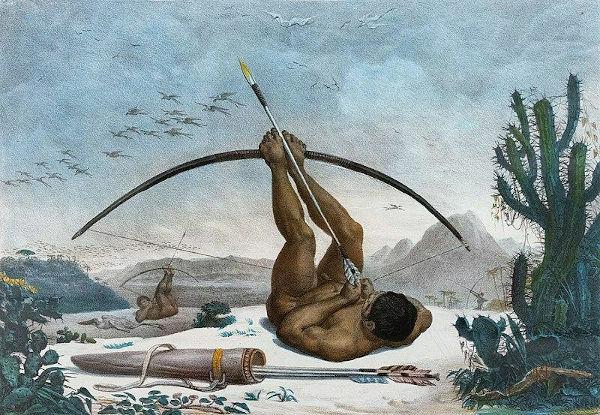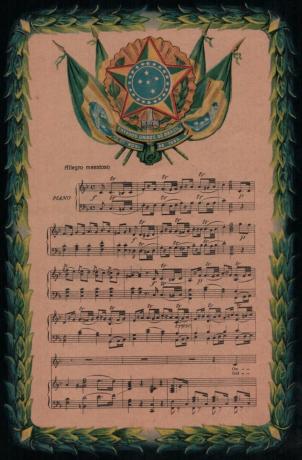The second open electoral process with direct voting after the end of the civil-military dictatorship in Brazil took place in 1994, and aimed to renew the powers executives and legislatives, federal and state, and trying to consolidate a process of institutional renewal in Brazilian society, based on democracy representative.
How they were carried out when the Real Plan had its main positive aspects, such as inflation control and the increase in the population's purchasing capacity, and the negatives were still not felt, such as the increase in unemployment and bankruptcies, the The main figure who benefited from the situation was the former finance minister of the Itamar Franco government, Fernando Henrique Cardoso (FHC).
In a slate composed of his party, PSDB (Partido da Social Democracia Brasileira), and PFL (Partido da Frente Liberal), FHC brought together the country's conservative political forces to face mainly the leftist candidate, Luiz Inácio Lula da Silva of the PT (Workers' Party), who had been strengthened with the second place achieved in the previous elections of 1989. The other candidates were Enéas Carneiro (PRONA), Esperidião Amim (PPR), Leonel Brizola (PDT) and Orestes Quércia (PMDB).
Do not stop now... There's more after the advertising ;)
With the political capital achieved with the Real Plan, FHC defeated Lula in the first round of the elections, getting 55% of the valid votes against 27% of the PT candidate. Governors and deputies were also elected in all the states of the union, in addition to a two-thirds renewal in the Federal Chamber and Senate.
Image credits: Brazil Agency
By Tales Pinto
Graduated in History
Would you like to reference this text in a school or academic work? Look:
PINTO, Tales dos Santos. "1994 Elections"; Brazil School. Available in: https://brasilescola.uol.com.br/historiab/eleicoes-1994.htm. Accessed on June 27, 2021.


